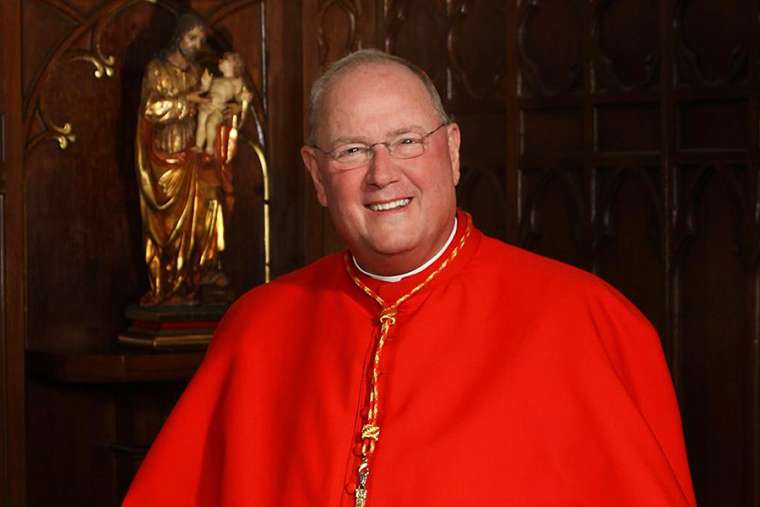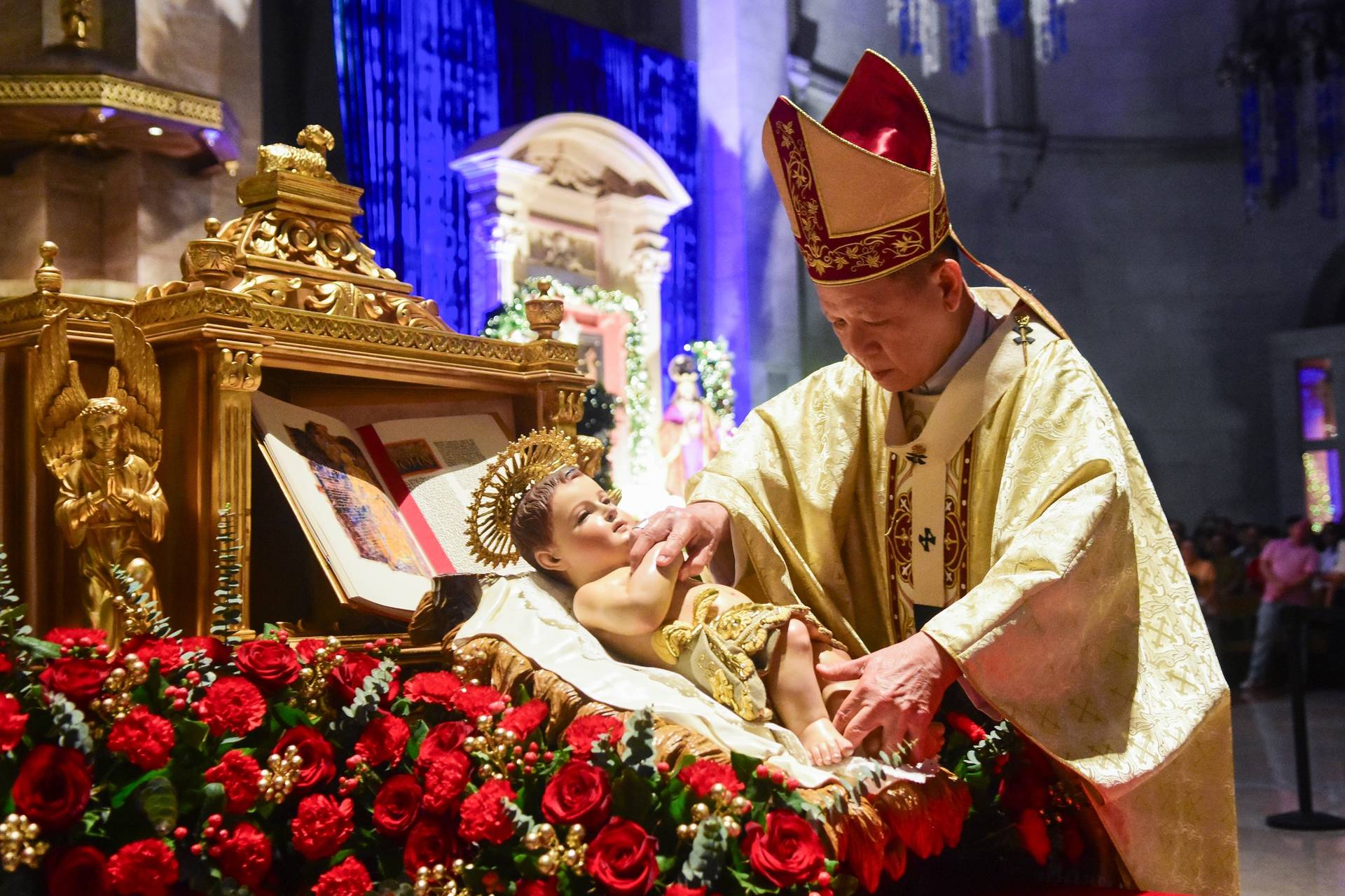NEW YORK — Cardinal Timothy Dolan of New York wrote in a recent an op-ed that while he fully supports victims of sexual abuse, proposed legal reforms in the state should be crafted so as support all victims, whether their abuser was part of a public or private institution.
“I believe it is important to strengthen the Child Victims Act to ensure that all victim-survivors are the center of this much-needed legislation,” Dolan wrote in the New York Daily News Dec. 31.
The Child Victims Act is a proposed measure that would give survivors until age 50 to report sexual abuse as a minor. Under current state law, alleged survivors of abuse cannot file a claim after they turn 23.
The New York legislature is now under Democratic control, and Democratic Gov. Andrew Cuomo has said passing this bill is one of his priorities for the coming year.
“The emphasis must be on helping [victims] heal, not breaking government, educational, health, welfare, or religious organizations and institutions,” Dolan wrote.
The New York State Catholic Conference, which represents the bishops of New York, has been working with lawmakers and advocating for a complete elimination of the statute of limitations for sexual abuse of minors.
However, Dolan reportedly in March personally asked Cuomo to remove a provision in the Child Victims Act that would allow a one-year “lookback” window of opportunity for victims of any age to bring their alleged abusers to court, according to WNYC.
He contended that the temporary window lifting the statute of limitations would be “toxic” and “very strangling.” Such a window means “the only organization targeted is the Catholic Church,” he said, according to the Buffalo NPR news station WBFO.
The bill has also faced opposition from Orthodox Jewish community leaders, the Boy Scouts of America, and insurance companies, who fear financial hardship from the lawsuits.
Manhattan Assemblywoman Linda Rosenthal, a co-sponsor of the Child Victims Act, told NBC News that she believes “Cardinal Dolan knows well that the true path to justice for adult survivors lies in the lookback window, in addition to extending the criminal and civil statute of limitations.”
Dolan did not explicitly address the lookback window in his op-ed.
“Right now, we, along with many others, want to work with…all interested parties to achieve a balanced, fair reform that provides a sense of resolution to all victims, no matter who their abuser was — a government worker, a public school teacher, a counselor, a health care professional, a coach, a foster parent, and, yes, a member of the clergy, no matter how long ago,” Dolan wrote.
“The Archdiocese of New York and four other state dioceses have instituted the Independent Reconciliation and Compensation Program, with over $200 million in compensation paid to more than 1,000 individuals, with some cases reaching back over 60 years,” he wrote.
Dolan noted that all eight of New York state’s Catholic diocese have implemented resolution and compensation programs for victims of abuse as minors. He offered his own archdiocese’ model, implemented in 2016, as a guide for the rest of the state.
Their “survivor-centered” approach, he asserted, works well for several reasons: it avoids costly litigation that could also cause further pain to survivors; it “insures fair and reasonable compensation,” and guards against the possibility of bankrupting “public and private organizations, including churches, that provide essential services in education, charity and health care.”
Dolan acknowledged that healing from trauma is a long and often impossible process. In addition to “spiritual, emotional and therapeutic support” offered by the Church for victims of abuse from all kinds of organizations, monetary compensation can also serve as “a tangible acknowledgement of the harm done” to victims and help them heal considerably.
“Our Church’s own experience in abandoning the rigid statute of limitations, although financially expensive, was morally necessary in order to help promote healing and justice for those who deserve it,” he wrote.

















